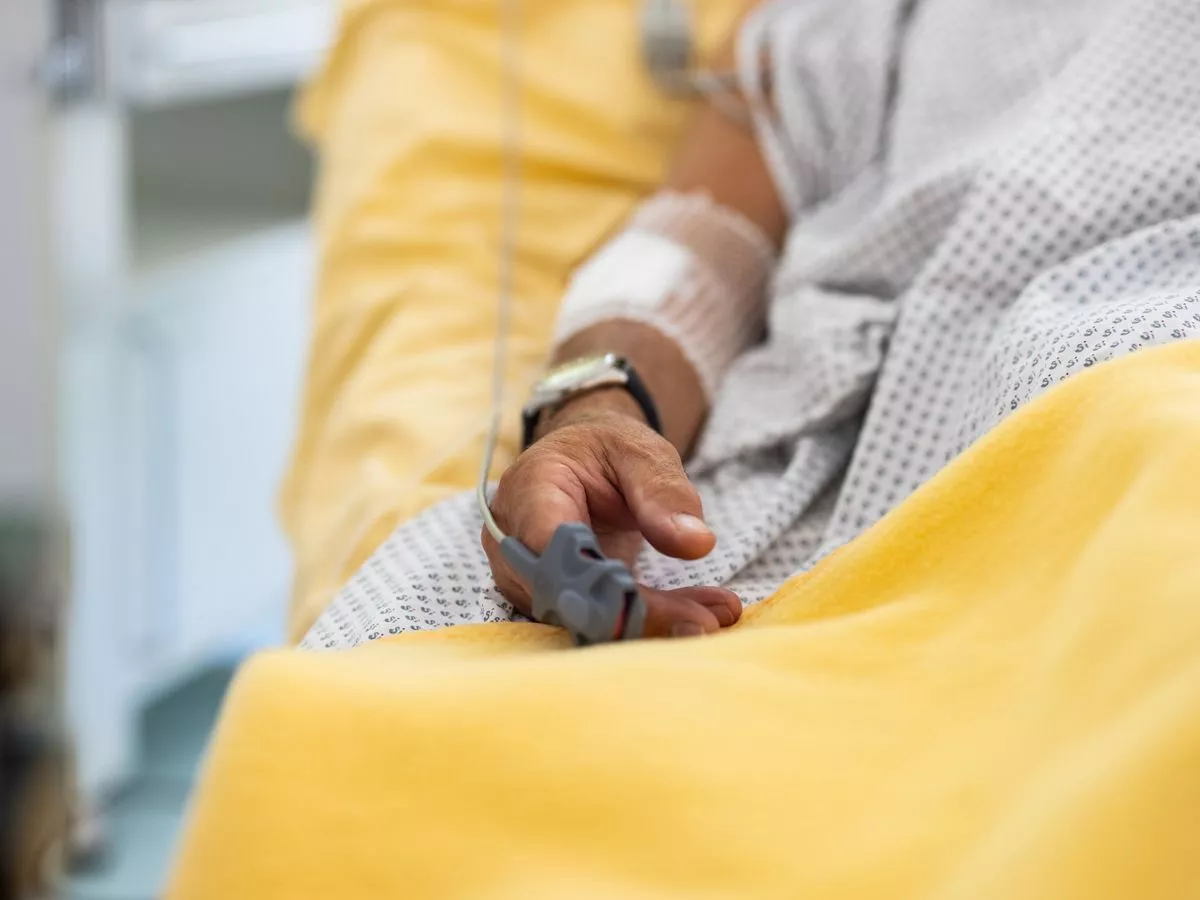By Bethan Finighan
Scientists have identified a gut microbe in the human body that might protect people from toxic and long-lasting “forever chemicals”. Perfluoroalkyl and Polyfluoroalkyl Substances, more commonly known as PFAS, are harmful man-made chemicals found in a number of everyday items, including non-stick coatings, waterproof clothing, and food packaging. Experts have likened them to “slow poisons”, with a growing body of evidence that PFAS may increase the risk of certain cancers , fertility troubles, liver damage and developmental delays in children. Now, scientists say they have identified a family of gut microbes that can absorb these dangerous molecules in mice and remove them from their bodies – and the species is also found naturally in the human gut . “We found that certain species of human gut bacteria have a remarkably high capacity to soak up PFAS from their environment at a range of concentrations, and store these in clumps inside their cells,” said Dr Kiran Patil, in the University of Cambridge’s MRC Toxicology Unit and senior author of the report. “Due to aggregation of PFAS in these clumps, the bacteria themselves seem protected from the toxic effects,” he added. PFAS, or so-called “forever chemicals”, do not degrade quickly in nature. Concerningly, they have been linked to higher risks of certain cancers like kidney cancer, as well as breast and testicular cancers. “We’re all being exposed to PFAS through our water and food. These chemicals are so widespread that they’re in all of us,” said Dr Anna Lindell, a researcher at the University of Cambridge’s MRC Toxicology Unit and first author of the study. “PFAS were once considered safe, but it’s now clear that they’re not. It’s taken a long time for PFAS to become noticed because at low levels they’re not acutely toxic. But they’re like a slow poison.” The scientists at the University of Cambridge made their discovery after nine bacterial species found naturally in the human gut were introduced into the guts of mice to “humanise” the mouse microbiome. Within minutes of exposure to PFAS, the bacterial species tested soaked up between 25 per cent and 74 per cent of the chemicals. The PFAS were stored in clumps inside their cells before being excreted in faeces. While this has not yet been tested in humans, the discovery marks the first evidence that our gut microbiome could play a helpful role in removing toxic PFAS chemicals from our body. The researchers hope to use their discovery to develop probiotic dietary supplements that boost the levels of these helpful microbes in our gut. “We haven’t found a way to destroy PFAS, but our findings open the possibility of developing ways to get them out of our bodies where they do the most harm,” said Dr Indra Roux, a researcher at the University of Cambridge’s MRC Toxicology Unit and a co-author of the study. The study was published in the journal Nature Microbiology .
